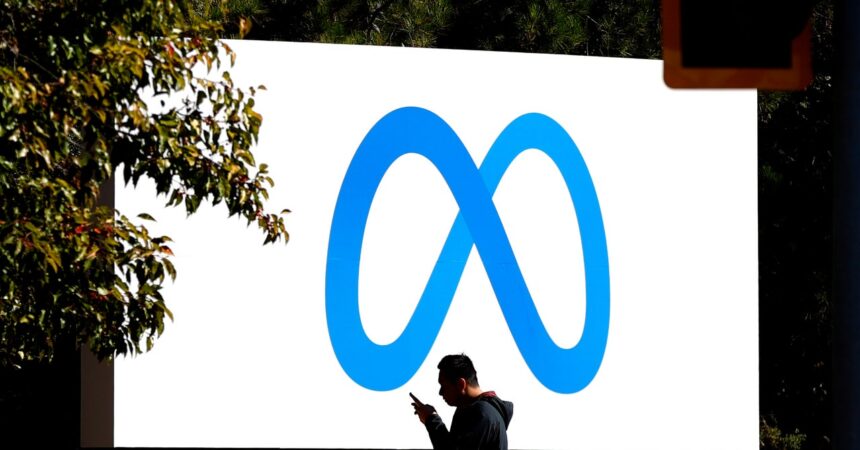Meta’s New Approach: A Shift Towards Community Moderation on Social Media
In an era characterized by discourse around misinformation and content moderation, the recent announcement by Meta regarding its new content moderation strategy is a major shift in how social media platforms manage the conversation. The company revealed that it will be discontinuing its third-party fact-checking programs on Facebook, Instagram, and Threads, replacing them with a Community Notes model reminiscent of X’s controversial volunteer program. This decision aims to foster open discussions across the platforms, signifying a notable evolution in Meta’s approach to managing user-generated content.
What is Community Notes?
Community Notes allows users to flag and engage with content they believe is misleading or incorrect. This strategy relies on a more user-driven approach, enabling individuals to participate in moderation without the direct oversight of paid experts. While this model promises to democratize content moderation, it raises questions regarding the accuracy and integrity of the information shared within these platforms, especially when considering that misinformation has proliferated in past scenarios of user-led moderation.
Official Statements and Justifications
Joel Kaplan, Meta’s newly appointed chief global affairs officer, articulated that the decision seeks to enhance discourse surrounding sensitive topics that have increasingly polarized society, particularly in the U.S. By allowing more speech and reducing restrictions on subjects such as immigration and gender, Meta aims to realign its content moderation policies with what Kaplan refers to as "mainstream discourse." Notably, the shift will initially roll out within the United States.
In a video accompanying the announcement, Meta CEO Mark Zuckerberg expressed that the changes would result in increased political content visibility and the return of discussions that have sparked considerable culture wars. "We’re going to simplify our content policies and get rid of a bunch of restrictions," Zuckerberg stated, echoing a sentiment that the company seeks to improve user engagement by relaxing moderation guidelines.
Background: Previous Content Moderation Policies
Meta’s current strategy represents a stark departure from its previous measures put in place post-2016 election revelations concerning the platform’s roles in influencing political outcomes and spreading harmful content. During this period, the company instituted rigorous fact-checking and moderation protocols to address criticisms regarding its handling of misinformation, electoral fraud claims, and related topics. However, these measures also faced backlash for being overly restrictive and biased, particularly in relation to political discourse.
Kaplan highlighted the perception that content moderation policies were less about user protection and more influenced by societal and political pressures. This acknowledgment signals a dramatic shift—from attempting to regulate content to prioritizing what the company believes to be authentic user expression.
Concerns and Criticism
The introduction of the Community Notes model has provoked various critiques, particularly concerning its potential to allow misinformation to flourish. Past reports indicated that dangerous content, including medical misinformation and extremist group recruitment efforts, had thrived on the platform amid reduced regulation. Critics argue that weakening fact-checking oversight could exacerbate the problem, exposing users to harmful narratives and ideologies under the guise of free speech.
Moreover, Zuckerberg’s remarks attributing a significant part of the responsibility for content moderation policies to "legacy media" may further alienate users who demand accountability and transparent processes in the platforms they engage with.
The Future of Social Media Moderation
As Meta embarks on this new chapter, the implications for social media content moderation are profound. By embracing a model that encourages user participation in moderation while scaling back expert-driven fact-checking, the company walks a tightrope between facilitating free expression and ensuring user safety. This evolution not only reflects the growing influence of public sentiment on social media policies but also underscores the risks associated with deferring content moderation responsibilities to the users themselves.
Moving the trust and safety team from California to Texas, as Zuckerberg mentioned, suggests an intention to align the company’s operations with different cultural and political environments. This modification could influence not just the company’s internal operation dynamics but also the perception of Meta’s content moderation ethos.
In summary, as Meta continues to redefine its approach, the broader landscape of social media moderation will be closely scrutinized. The balance between promoting free speech and mitigating misinformation remains a critical challenge. Observers and users alike will be watching to see how these policies evolve and what impact they have on the quality and safety of discourse across Meta’s platforms.










